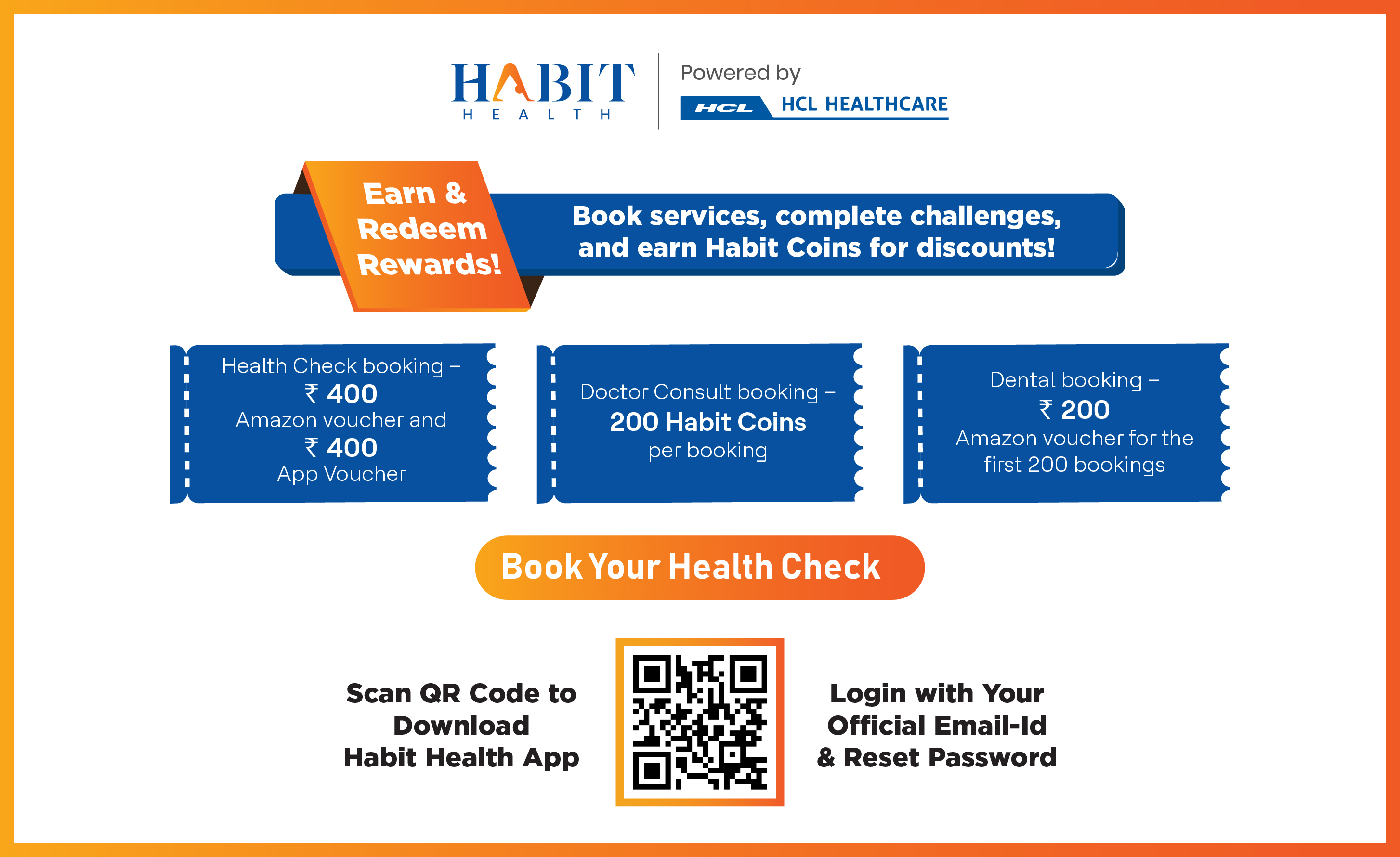Staying hydrated isn’t just about quenching thirst—it’s about fueling your body, boosting your energy, and maintaining overall health. Find out why hydration is essential and how to ensure you get enough water daily.
Imagine trying to drive a car without gas. It just wouldn’t work, right? Well, your body isn’t much different. Water is the fuel that keeps your body running smoothly; without it, things can start to go downhill fast. Whether you’re feeling sluggish, having trouble concentrating or dealing with a pounding headache, the culprit could very well be dehydration.
Let’s dive into why staying hydrated is so crucial and how you can easily keep your water levels in check.
Why Hydration Is Non-Negotiable
Water isn’t just something you drink when you’re thirsty—it’s the backbone of every system in your body. Think of water as the ultimate multitasker: it regulates your temperature, aids in digestion, keeps your joints lubricated, and even helps transport nutrients to your cells. Essentially, water is like the oil in an engine; without enough of it, your body starts to sputter and stall.
“Hydration is the key to unlocking your body’s full potential,” as the saying goes. With our bodies made up of about 60% water, it’s no wonder that staying hydrated is essential for nearly every bodily function. From the moment you take a sip, water begins its journey through your system, supporting everything from your brain to your kidneys.
The Consequences of Dehydration
Skipping out on water can have some pretty unpleasant side effects. Dehydration doesn’t just leave you feeling parched—it can lead to headaches, fatigue, and even confusion. In more severe cases, dehydration can cause serious health problems like kidney stones, urinary tract infections, and even heatstroke.
Let’s break it down: when you’re dehydrated, your body loses more fluids than it takes in. This imbalance can affect everything from your blood pressure to your digestion. Picture a dried-out sponge trying to absorb a spill—it just doesn’t work as well. Similarly, a dehydrated body struggles to function optimally, leaving you more prone to illness and discomfort.
Hydration and Mental Clarity
Ever feel like your brain is in a fog? That might be dehydration talking. Even mild dehydration can impair cognitive function, making it harder to concentrate, remember things, and stay alert. It’s no wonder that staying hydrated is often linked to better mental clarity and improved mood.
“A well-hydrated brain is a happy brain,” as the saying goes. Water helps maintain the balance of neurotransmitters, which are essential for mood regulation and cognitive performance. So, the next time you’re feeling a little off, consider reaching for a glass of water before anything else.
How Much Water Do You Really Need?
You’ve probably heard the old adage that you should drink eight glasses of water a day. But is that really true? The answer is—it depends. Your water needs can vary based on factors like age, gender, activity level, and even the climate you live in.
A good rule of thumb is to listen to your body. If you’re thirsty, drink. If you’re sweating a lot (say, after a workout or on a hot day), you’ll need to drink more. The color of your urine can also be a good indicator; pale yellow usually means you’re well-hydrated, while darker shades suggest you need more fluids.
For most adults, aiming for about 2-3 liters of water per day is a safe bet. This includes water from all sources—beverages and food. Yes, that juicy apple or crisp cucumber counts toward your daily water intake!
Simple Tips to Stay Hydrated
Staying hydrated doesn’t have to be a chore. Here are a few easy ways to make sure you’re getting enough water:
- Carry a Water Bottle: Keep a reusable water bottle with you throughout the day. It’s a constant reminder to sip regularly.
- Set Reminders: Use your phone or an app to set hourly reminders to drink water, especially if you’re prone to forgetting.
- Eat Water-Rich Foods: Incorporate fruits and veggies like watermelon, cucumber, and oranges into your diet. They’re not just refreshing—they’re hydrating too.
- Start Your Day with Water: Before you reach for your morning coffee, drink a glass of water. It’s a great way to kickstart your hydration for the day.
- Infuse Your Water: If plain water doesn’t excite you, try adding slices of lemon, cucumber, or mint for a little flavor boost.
Hydration Myths Debunked
There’s a lot of misinformation out there about hydration, so let’s clear up a few myths:
- Myth 1: Only water can hydrate you. Not true! While water is the best choice, other beverages like herbal teas, milk, and even coffee (in moderation) contribute to your daily fluid intake.
- Myth 2: If you’re not thirsty, you’re not dehydrated. Thirst isn’t always a reliable indicator, especially as you get older. It’s better to stay ahead of thirst by drinking regularly throughout the day.
- Myth 3: You need to chug water during meals. While it’s important to drink with meals, gulping down large amounts of water can dilute stomach acid, potentially hindering digestion. Sip slowly and consistently instead.
The Bottom Line: Water Is Your Best Friend
Staying hydrated is one of the simplest yet most effective things you can do for your health. It’s not just about avoiding dehydration; it’s about fueling your body and mind to perform at their best. So, grab that water bottle, take a sip, and keep the flow going. Your body will thank you!







